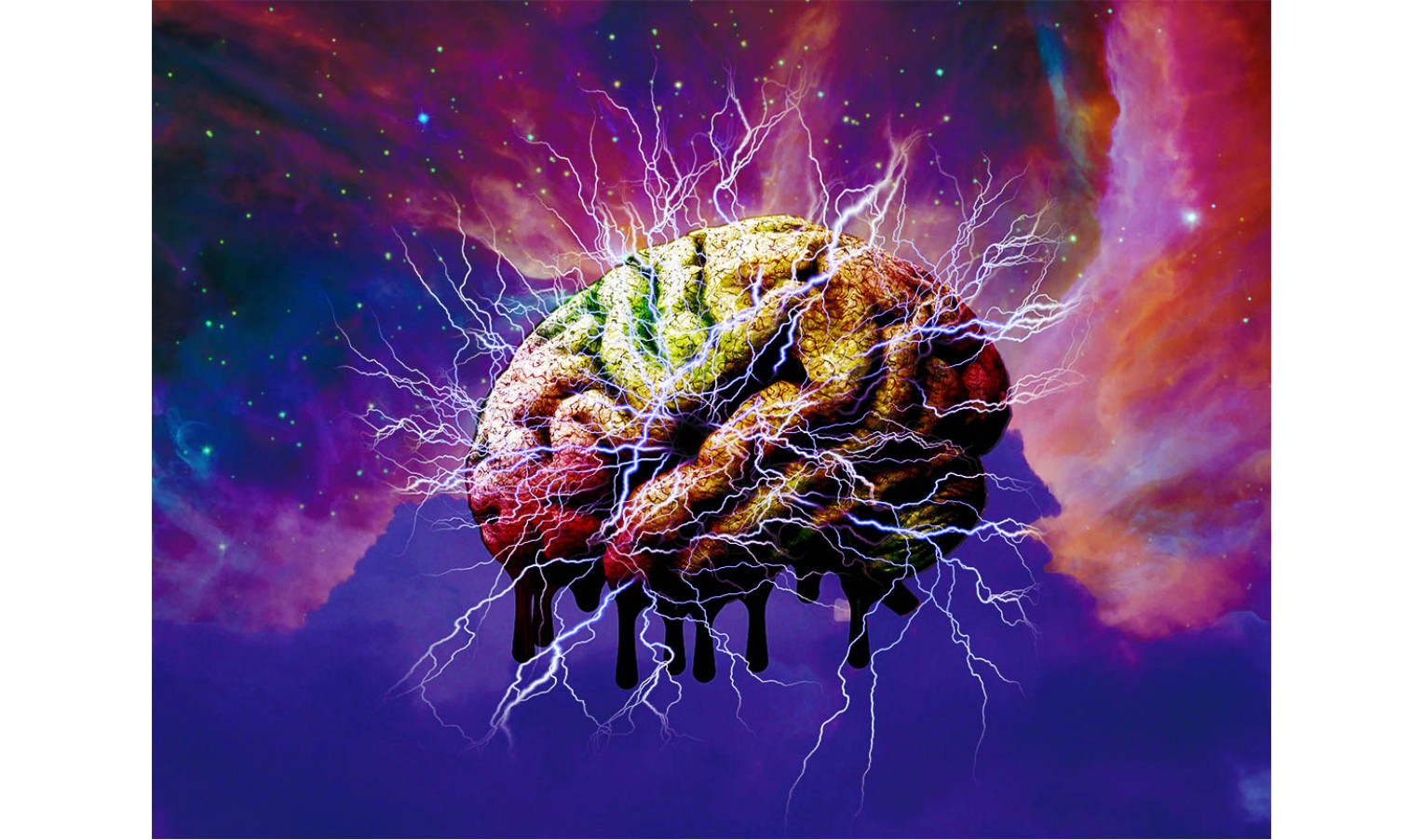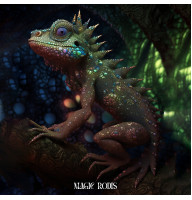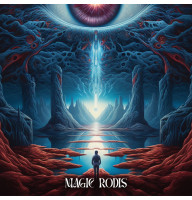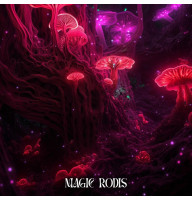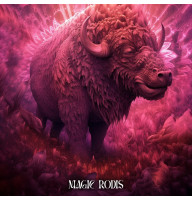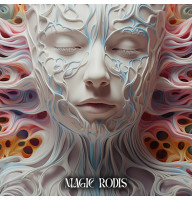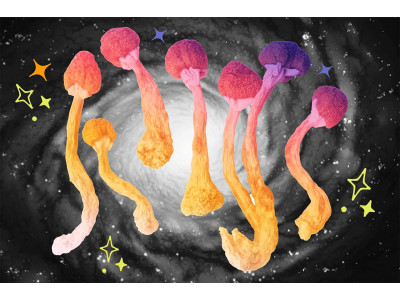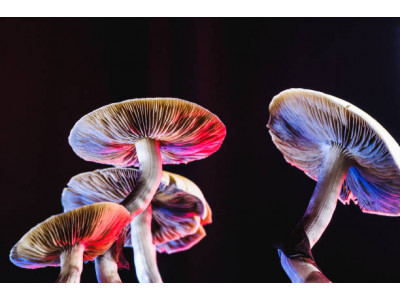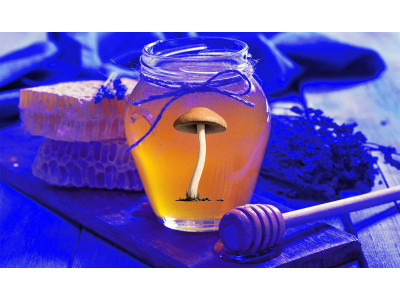Psilocybin is a metabolite* of mushrooms (*metabolites are metabolic products of any compound). In recent years, this chemical compound has attracted special attention from the media, doctors and scientists; it is found in many types of mushrooms, not quite ordinary mushrooms (they are also called “magic mushrooms”). Mankind has long used mushrooms for medical purposes, for example, penicillin. Psilocybin affects serotonin receptors in the brain and projects various psychedelic effects. In this article, we want to tell you how the use of psilocybin has a positive effect on human mental health.
Psilocybin and psilocin: what are the differences?
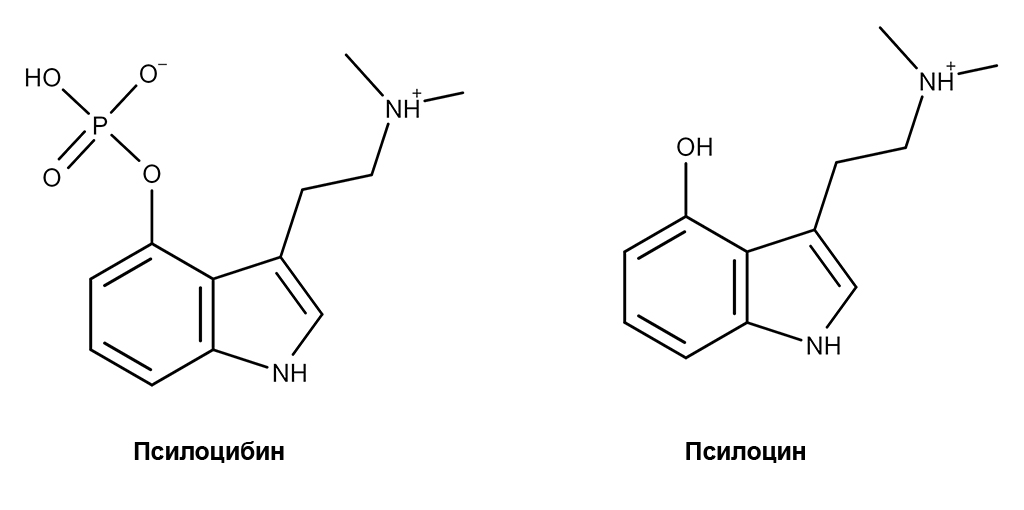
Psilocybin is a naturally occurring psychedelic drug compound that is produced naturally in more than 200 species of basidiomycetes, a family of filamentous mushrooms known as psilocybin mushrooms. Such mushrooms come in various shapes and sizes and can be found all over the world. Psilocybin belongs to the class of serotonergic psychedelics, which includes lysergic acid diethylamide (LSD), mescaline, and dimethyltryptamine (DMT).
Psilocybin itself is not biologically active, but in the human body it is quickly converted to “psilocin”.
Psilocybin is a substituted tryptamine alkaloid and a serotonergic psychedelic substance that activates serotonin 5-HT2a receptors on the pyramidal cells of the cerebral cortex. These cells help us to form a picture of what reality is. By activating these receptors, psilocin changes the brain's metabolic activity and the communication between neurons, affecting cognitive function and perception.
Clinical potential of psilocybin
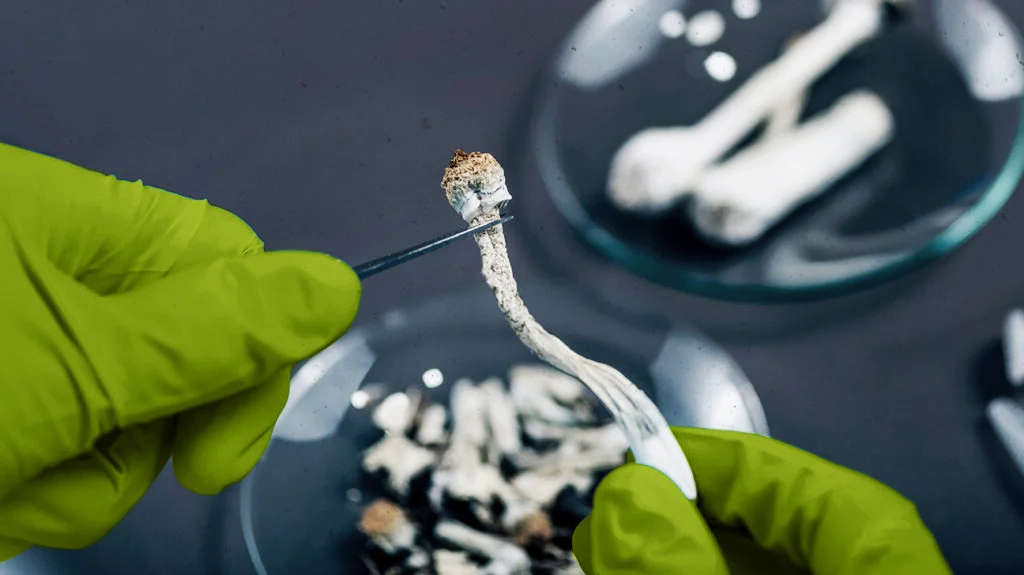
Studies on psilocybin show that when taken, psilocybin is effective in treating various mental illnesses, such as obsessive-compulsive disorder, alcoholism, and substance use disorders. It can also be used to combat tobacco smoking, Alzheimer's disease, digestive disorders, and other diseases.
The list of diseases is constantly growing, but many studies have focused on the potential of psilocybin in the treatment of depression.
Treatment of depression
Multiple clinical trials have confirmed the ability of psilocybin to reduce the symptoms of depression, especially in people with resistant depression. Resistant depression is a term used in psychiatry to describe a case of “severe depression” when patients do not respond to 2 courses of treatment with antidepressants of different pharmacological groups.
A recent double-blind, phase II clinical trial - the largest to date - showed that a single dose of 25 mg of synthetic psilocybin in combination with psychotherapy resulted in a significant reduction in depressive symptoms after 3 weeks.
To date, studies have shown that psilocybin therapy helps to alleviate the symptoms of treatment-resistant depression, obsessive-compulsive disorder, and other mental disorders. Psilocybin has also been shown to be effective in relieving fear and anxiety in people with terminal cancer. Some patients continued to experience positive effects for a year after taking just two doses of the substance.
In case of smoking cessation and anorexia nervosa
Psilocybin has shown positive results in studies on smoking cessation and treatment of anorexia nervosa. The British company COMPASS Pathways, which specializes in psychiatric care, has completed a study of psilocybin therapy for patients with anorexia nervosa, and has obtained preliminary good results that need to be further studied in more in-depth clinical trials.
Psilocybin help: mental and behavioral disorders
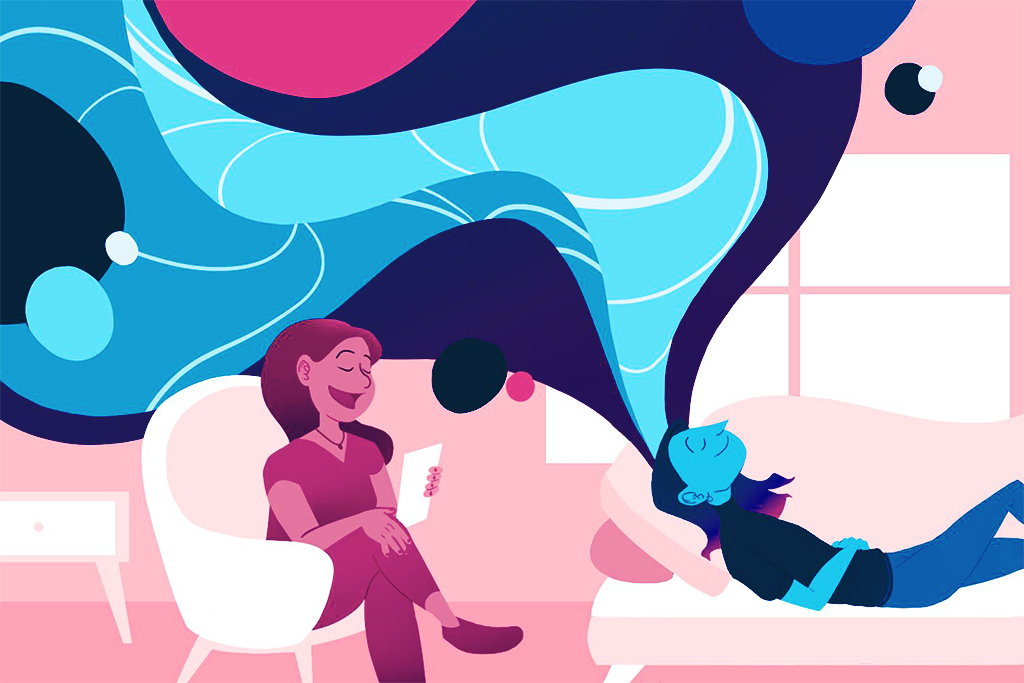
Taking psilocybin under favorable conditions can lead to self-described “spiritual” experiences that lead to positive changes in a person's mood and behavior. First of all, psilocybin improves the quality of personality, i.e. “openness”, which manifests itself in sensitivity, imagination and perception of other people's values and points of view. Increased openness in people who take psilocybin may be related to the ability of this chemical to increase neuroplasticity, i.e. the ability of the brain to create new connections.
Psilocybin enhances the brain's ability to change, become more adaptable, and abandon bad habits and negative thoughts. As a result, we see great potential for psilocybin to help people with problems such as depression, anxiety, obsessive-compulsive disorders, and addiction.
Psilocybin treatment: benefits
Doctors note the speed and effectiveness of psilocybin as two of its most attractive qualities. The effect of psilocybin is noticeable immediately after taking it (within a few days), compared to standard antidepressants, which take several weeks to take full effect. People have to take standard antidepressants daily for several months or years. Psilocybin - can be taken only once every few months or even once a year.
Conclusion
Magic mushrooms are a miracle. What research proves is that psilocybin can have a positive effect on our mental health. Mushrooms can help treat PTSD, headaches, and substance use disorders. But to fully understand the properties, more research is needed.
This article was written purely for informational purposes. We do not advocate independent use or treatment.

